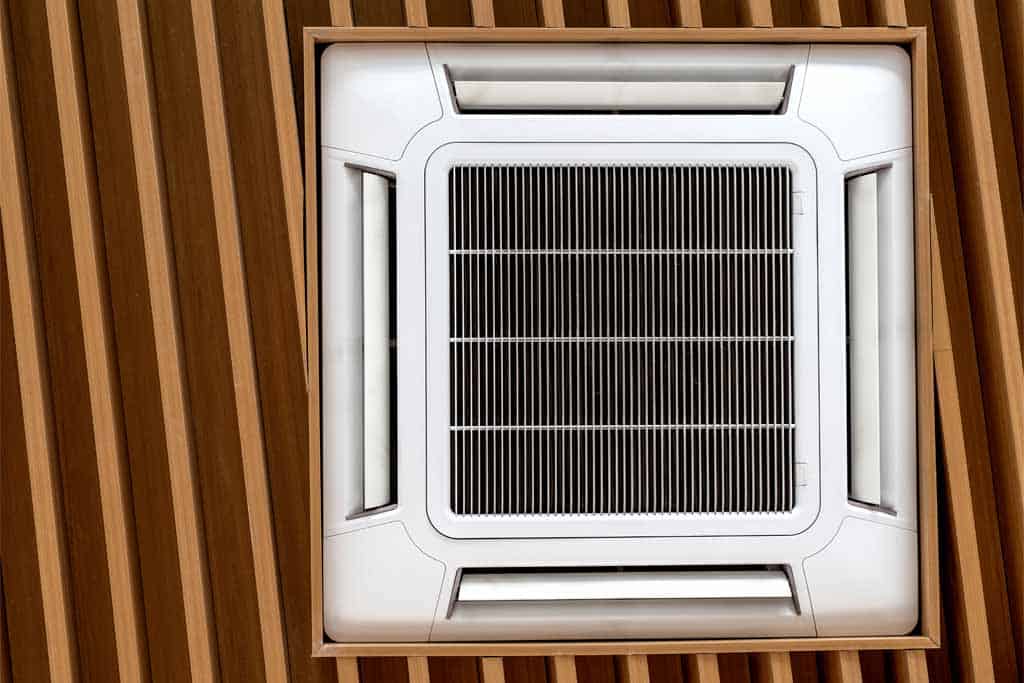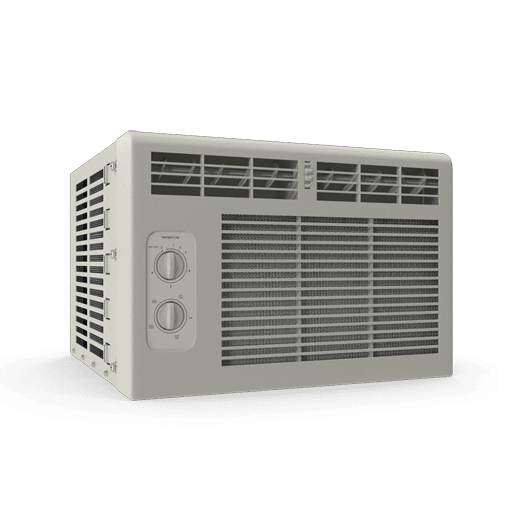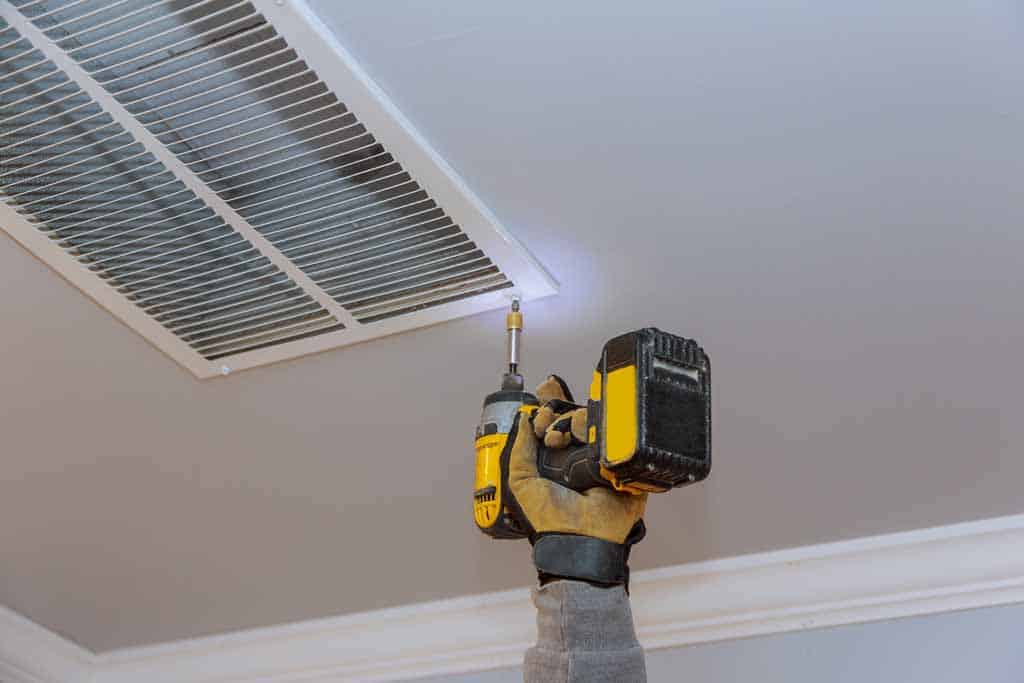Looking for the best room air conditioning units for your residential and commercial needs? Whether you’re looking for an AC unit for your home or office, you’ll need to consider a few factors to ensure you’re getting the best possible model.
In this complete buying guide, we’ll discuss everything you need to know about finding the perfect room air conditioning unit for your needs, including:
- The types of room air conditioners available on the market
- The critical features to look for in a room air conditioner
- How to select the right size air conditioner for your needs
- The benefits and drawbacks of different types of AC units
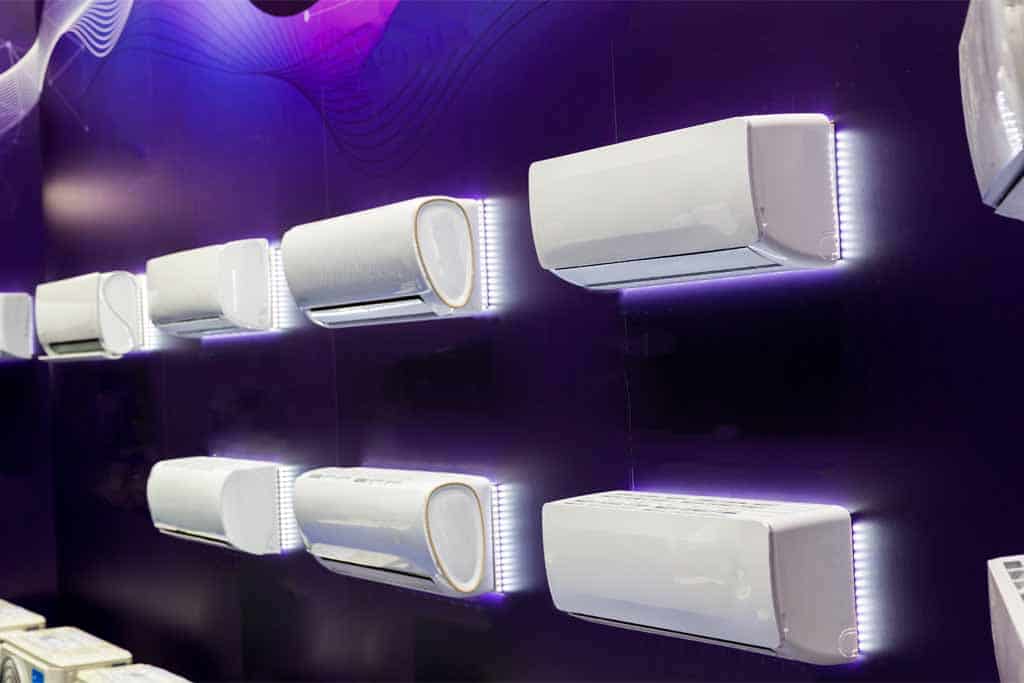
Best Room Air Conditioning Units For Small Space
When it comes to finding the best room air conditioning units for small spaces, there are a few things you’ll need to keep in mind. The first is the type of AC unit you’re looking for. There are two types of room air conditioners available on the market: portable and window.
Portable units are the most popular type of small space air conditioner as they’re easy to install and can be moved from one room to another easily. Window units are an excellent option for those who have a bit more space as they’re installed in the window and don’t take up any floor space.
The next thing to consider is the size of the unit. You’ll want to make sure you select an air conditioner that’s appropriately sized for the space you’re trying to cool. Air conditioners are typically measured in BTUs (British Thermal Units), and the general rule of thumb is that you’ll need about 20 BTUs per square foot of space.
So, if you’re trying to cool a 200-square-foot room, you’ll need an air conditioner with at least 4,000 BTUs. It’s always better to select a unit that’s slightly too large for the space than one that’s too small, as an undersized unit will have to work harder to cool the space and won’t be as effective.
The energy efficiency rating is the last thing to consider when selecting an air conditioner for a small space. All AC units will have an energy efficiency rating (EER), which measures how much cooling they provide for the amount of energy they use.
The best room air conditioning units have higher EER, and the more efficient the unit is. It’s crucial to select an air conditioner with a high EER as it will not only be more effective at cooling your space but will also cost less to operate.
- Type of AC unit
- Size of the unit
- Energy Efficiency Rating
You should also check the annual AC maintenance cost for the unit you plan to buy.
Want To Save More On Your Electricity Bills?
Is Your HVAC System Not Cooling Your Home Enough?
Best Room Air Conditioning Units For Large Spaces
If you’re looking for the best room air conditioning units for large spaces, you’ll have a few more options to choose from, as several types of large-space air conditioners are available on the market. The most common type of large-space AC unit is the central air conditioner which cools the entire home or office by circulating cooled air through a system of ducts.
Another option for large spaces is the split-system air conditioner which consists of two units: an outdoor unit that houses the compressor and fans and an indoor unit that circulates the cooled air. Split-system units are typically more expensive than central units but are also more energy-efficient.
The last type of large-space air conditioner is the packaged unit, similar to a central unit, but all of the components are housed in one outdoor unit. Packaged units are less common than central or split-system units but can be a good option for those who don’t have the space for multiple indoor and outdoor units.
When selecting a large-space air conditioner, the most important thing to consider is the size of the unit. As with small-space units, you’ll want to make sure you select an air conditioner that’s appropriately sized for the space you’re trying to cool.
However, getting the sizing right for large spaces is even more critical, as an undersized unit will struggle to cool the entire space, and an oversized unit will cool the space too quickly, resulting in wasted energy and money.
The best way to determine the size of the air conditioner you need for ample space is to use a BTU calculator, which considers the space’s square footage, the number of windows, the insulation, and other factors.
Once you’ve determined the unit size you need, you can narrow down your options by considering features such as energy efficiency, noise levels, and warranty. This will give you the best option for the best room air conditioning units to purchase for your home.
Energy efficiency is essential for all air conditioners but is especially important for large-space units as they use more energy than small-space units. The most energy-efficient units are typically split-system units, as they only circulate cold air when needed.
Noise levels are also essential for large-space units, as some can be quite loud when in operation. If noise levels concern you, look for a unit with a noise rating of 40 decibels or less.
Finally, check the warranty on any large-space air conditioner you’re considering, as some units come with shorter warranties than others. A unit with a longer warranty will typically be more expensive but will also provide peace of mind if something goes wrong.
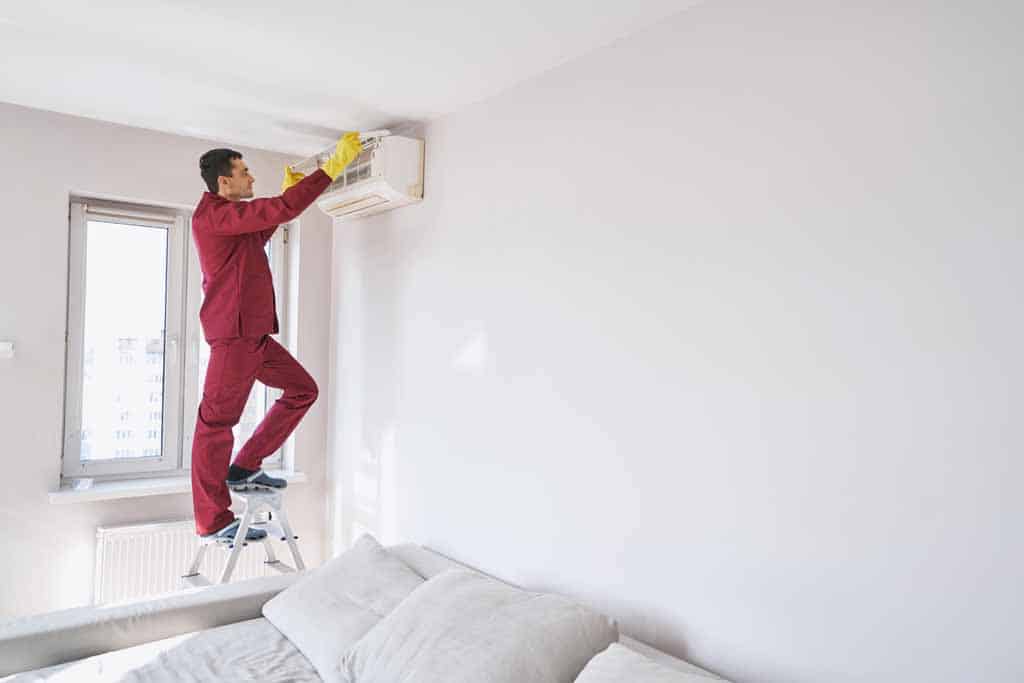
Which are The Best Room Air Conditioning Units To Buy?
There would be names that will hit your mind when it comes to finding the best room air conditioning units, and here are some of them:
1. Frigidaire FFRE0833Q1 8000 BTU 115-volt Window Air Conditioner
2. LG LW8016ER 8,000 BTU 115V Window Air Conditioner
3. Honeywell HL14CESWB HL Series 14,000 BTU Portable Air Conditioner
4. Whynter ARC-14S 14,000 BTU Dual Hose Portable Air Conditioner
5. HomeLabs 5000 BTU Window-Mounted Air Conditioner
6. BLACK+DECKER BPACT12HWT 12,000 BTU Portable Air Conditioner
7. TOSOT 8,000 BTU Window Air Conditioner
8. Koldfront WAC8001W 8,000 BTU 115V Window Air Conditioner
9. Midea MAW08R1BWT Window Air Conditioner
10. Frigidaire FFRA0511R1 5, 000 BTU 115V Mini Room Window Air Conditioner
11. hOmeLabs 10,000 BTU Portable Air Conditioner
12. LG LW1017ERSM 10,000 BTU 115-volt Window Air Conditioner
13. Honeywell MN10CESWW MN Series 10,000 BTU Portable Air Conditioner
14. Whynter ARC-10WB 10,000 BTU 115V Windowless Air Conditioner
15. BLACK+DECKER BPACT08WT 8,000 BTU Portable Air Conditioner
16. TOSOT 8,000 BTU Portable Air Conditioner
17. Koldfront PAC802W 8,000 BTU 115V Portable Air Conditioner
18. Midea MAP08R1CWT 3-in-1 Portable Air Conditioner
19. Frigidaire FFPA0822T1 8,000 BTU 115V Portable Air Conditioner
20. Home 30 Pint Dehumidifier for Medium to Large Rooms and Basements
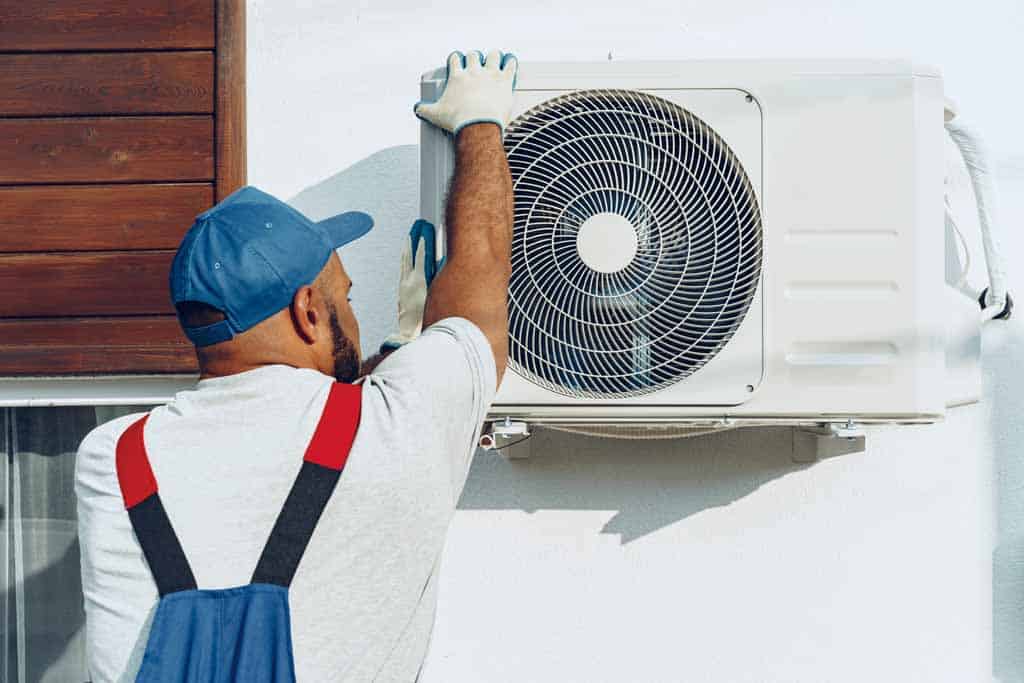
What Should You Look For In An AC Unit?
When it comes to finding the best room air conditioner, there are a few things that you will want to keep in mind. First, you need to decide what type of unit you need. Three main types of units are available on the market: portable, window-mounted, and split-system.
Portable units are the most versatile as they can be moved from room to room as needed. However, they can be quite loud and are not as energy-efficient as other options.
Window-mounted units are a good option for those who don’t have the space for multiple indoor and outdoor units. They’re also relatively quiet and can be installed quickly and easily. However, they can block sunlight and be difficult to remove when it’s time to clean the unit.
Split-system units are the most energy-efficient option as they only circulate cooled air when needed. However, they require more installation work and can be quite expensive.
Once you’ve decided on the type of unit you need, you’ll need to determine the unit’s size based on the space’s square footage. Getting a properly sized unit is essential, as an undersized unit will have to work harder to cool the space, and an oversized unit will cool the space too quickly, resulting in wasted energy.
Budget
Determine how much you are willing to spend on an AC unit. There is a wide range of prices for different types and sizes of units, so it’s essential to set a budget before you start shopping.
Energy Efficiency
AC units can vary significantly in energy efficiency, so choosing a unit that will save you money on your energy bills is crucial. The most energy-efficient units have an Energy Star rating.
Want To Save More On Your Electricity Bills?
Is Your HVAC System Not Cooling Your Home Enough?
Noise Level
Some AC units can be quite loud when operating, so the noise level is essential if you want a unit that won’t disturb your peace and quiet. Look for a unit with a noise rating of 40 decibels or less.
Warranty
Make sure to check the warranty before purchasing an AC unit. Most units come with a one-year warranty, but some may have a longer or shorter warranty.
Programmable Thermostat
A programmable thermostat can be a great way to save money on your energy bills as it allows you to set the temperature of your home when you’re not there.
Remote Control
A remote control can be a convenient way to adjust your home’s temperature without having to get up and walk over to the unit.
Timer
A timer can be helpful if you want the unit to turn on and off at specific times. This can help you save energy by only cooling the space when necessary.
Refrigerant Type
Two types of refrigerant are available for AC units: R-22 and R-410A. R-22 is being phased out due to its harmful effect on the environment, so choosing a unit that uses R-410A refrigerant is crucial.
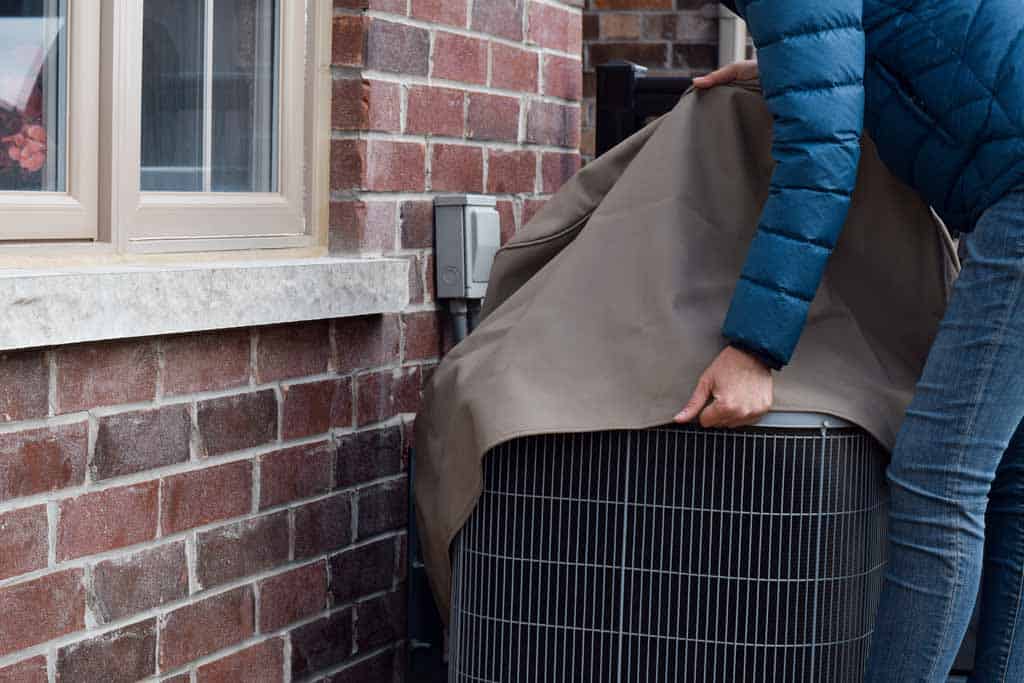
Warning Signs That You Need A New AC Unit
There are a few warning signs that you may need a new AC unit, such as:
- Your energy bills have been increasing even though you haven’t used the unit more often.
- The unit is making strange noises.
- The unit isn’t cooling your home as effectively as it used to.
- The unit is more than 10 years old.
If you’re experiencing any of these issues, you must call a professional to inspect your AC unit and determine if it needs to be replaced.
Choosing the best room air conditioning units for your home can be daunting, but it doesn’t have to be. Keep these factors in mind, and you’ll be sure to find the perfect unit for your needs.
What Type of Air Conditioning Unit is Most Energy-Efficient
Although different types of air conditioning units are available on the market, not all units are created equal in terms of energy efficiency. In general, packaged air-conditioning units and split-system units are the most energy-efficient options.
Packaged air conditioning units are complete AC systems that include indoor and outdoor units. They’re also relatively quiet and can be installed quickly and easily. However, they can block sunlight and be difficult to remove when it’s time to clean the unit.
Want To Save More On Your Electricity Bills?
Is Your HVAC System Not Cooling Your Home Enough?
Split-system units are composed of two parts: an outdoor unit that contains the compressor and condenser and an indoor unit that houses the evaporator.
These units are more expensive than packaged AC units but are also more energy-efficient. In addition, split-system units can be installed in various locations, so you’re not limited in where you can put the unit.
Regarding energy efficiency, choosing a unit with an Energy Star rating is crucial. This designation means that the unit meets specific energy-efficiency standards the Environmental Protection Agency (EPA) set.
How Often Should You Clean Your AC Unit
To keep your AC unit running smoothly, it’s essential to clean it regularly. In general, you should clean the unit at least once a year. However, if you live in an area with high humidity, you may need to clean the unit more often.
When cleaning the unit, remove any leaves, dirt, or other debris that has accumulated on the unit. You should also check the air filter and clean or replace it as necessary.
In addition to cleaning the unit, you should keep the area around the unit clear of debris. This will help ensure that the unit can operate properly and not be blocked by anything.
Finally, you should have a professional inspect the unit once a year to ensure everything is in working order. This inspection can help identify any problems with the unit before they become significant issues.
The best room air conditioning units are energy-efficient and easy to maintain. By keeping these factors in mind, you can be sure to find the perfect AC unit for your needs.
The Bottom Line
When choosing the best room air conditioning units, there are a few factors you need to keep in mind, such as energy efficiency, noise level, and cost. Once you’ve considered all of these factors, you’ll be able to find the perfect unit for your needs.

